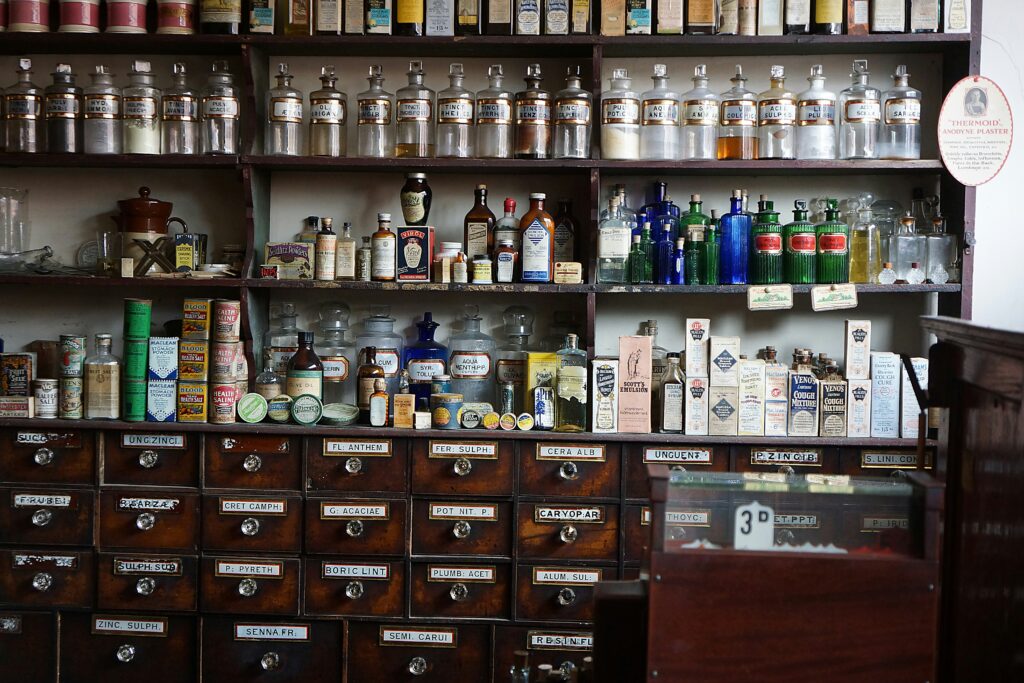Compounding pharmacies play a critical role in modern health care by preparing personalized medications tailored to meet the needs of individual patients. Unlike mass-manufactured pharmaceuticals, compounded preparations can be adjusted for dosage strength, flavor, inactive ingredients, and dosage form (capsules, creams, suspensions, suppositories, etc.), providing solutions for patients who may be allergic to excipients, require pediatric-friendly formulations, or need discontinued medications.
Although the practice declined in the mid-20th century with the rise of large-scale drug manufacturing, compounding has resurged as patient demand for individualized therapies has grown. This resurgence brings with it heightened regulatory scrutiny and an increased reliance on independent laboratories for quality, safety, and compliance testing.
Regulatory Framework for Compounding Pharmacies
The regulatory landscape for compounding pharmacies is unique, as oversight involves both federal and state agencies:
- US FDA (Food and Drug Administration): Oversees the safety of bulk drug substances and active pharmaceutical ingredients (APIs) used in compounding. The FDA also enforces sections of the Drug Quality and Security Act (DQSA), including Section 503A (traditional compounding pharmacies) and Section 503B (outsourcing facilities).
- DEA (Drug Enforcement Administration): Regulates how compounding pharmacies handle controlled substances.
- State Boards of Pharmacy: License and regulate day-to-day pharmacy operations, including compounding practices.
Because compounded preparations do not undergo the same premarket approval process as commercial drugs, ongoing quality testing and compliance verification are critical to ensure patient safety.
USP <797> Sterile Compounding Standards
Compounding pharmacies that prepare sterile products must follow USP <797> Pharmaceutical Compounding – Sterile Preparations, the national standard issued by the US Pharmacopeia (USP). These guidelines establish requirements for:
- Environmental and facility controls (cleanroom design, air quality testing, and HEPA filtration)
- Personnel training and aseptic technique
- Sterility, endotoxin, and potency testing of compounded sterile preparations (CSPs)
- Beyond-use dating and stability studies
- Risk assessment based on the complexity of compounding operations
To comply with USP <797>, pharmacies must conduct a gap analysis of current practices, implement corrective actions, and demonstrate ongoing compliance through monitoring and laboratory testing.
The Role of Third-Party and Contract Laboratories
Independent laboratories are essential partners in helping compounding pharmacies maintain compliance and safeguard product quality. Contract testing services can provide:
- Microbial contamination testing: Including sterility, endotoxin, and bioburden assays to verify aseptic integrity.
- Potency and assay testing: Ensuring that active ingredients are present at the correct concentration.
- Stability and beyond-use dating (BUD) studies: Supporting scientifically justified expiration dates.
- Environmental monitoring: Air, surface, and personnel monitoring to evaluate cleanroom compliance with USP <797> and USP <800> (hazardous drug handling).
- Container-closure integrity testing (CCIT): Confirming packaging systems prevent microbial ingress.
The demand for these services continues to rise as regulatory enforcement tightens and pharmacies increasingly seek third-party validation to mitigate compliance risk.
Why Compliance Matters
Failure to comply with USP <797> can have serious consequences: recalls, fines, reputational damage, and most importantly, risks to patient safety. Several high-profile contamination events linked to compounding pharmacies have prompted regulators to raise expectations for sterility assurance.
By partnering with qualified laboratories, compounding pharmacies can:
- Demonstrate due diligence in regulatory compliance
- Ensure the safety and effectiveness of patient-specific medications
- Streamline audits and inspections with validated data
- Reduce the likelihood of costly enforcement actions
Outsource USP <797> Testing and Compliance
For compounding pharmacies, navigating USP <797> requirements and broader regulatory oversight requires both operational diligence and scientific validation. Partnering with a contract laboratory that offers pharmaceutical testing services, including sterility, potency, stability, and environmental monitoring, can provide the evidence needed for compliance and patient safety.
Need a laboratory with experience in USP <797> testing and analysis?
Contract Laboratory can connect you with qualified partners to support your compliance efforts. Simply submit your lab request and hear back directly from the expert labs!
This content includes text that has been generated with the assistance of AI. Contract Laboratory encourages the use of new tools and technologies that enhance our editorial process. Our full editorial policy can be found here.

